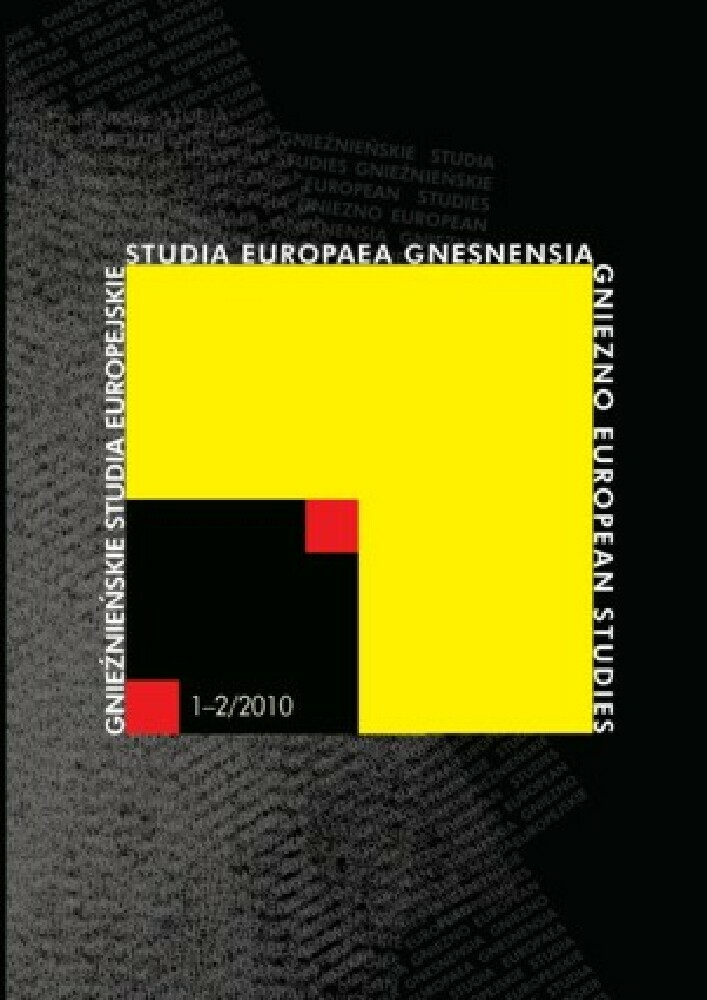Abstract
Almost all outstanding Polish historians and poets of the 17th century put forward the theory that the Polish gentry (szlachta) was descended from the Sarmatians—the warriors settled between the Dnieper and Vistula rivers. Sarmatism became an all–embracing national ideology. It was characterized among other things by megalomania.This article is an attempt at a survey of heraldic literature of Bartosz Paprocki(“Gniaz do cnoty”, Kraków 1578), Szymon Okolski (“Orbis Polonus”, Kraków 1641– 1645) and Wacław Potocki (“Poczet herbów szlachty”, Kraków 1696). The discussed Polish and Latin texts of poetical and rhetorical character were persuasive and shaped ethical values of their readers. These armorials satisfied the ambitions of the gentry but also touched upon current socio–political, religious and, last but not least, moral problems. Especially Wacław Potocki in his heraldic verses expressed a critical attitude towards the negative aspects of everyday life of the gentry.
References
Brückner A., Dzieje kultury polskiej, 2, Kraków 1931–1946.
Bystroń J.S., Megalomania narodowa, Warszawa 1995
Kazańczuk M., Staropolskie legendy herbowe, Wrocław–Warszawa–Kraków 1990.
Lewandowski, I., Rzymska i rzymsko-sarmacka genealogia rodów szlacheckich w niektórych herbarzach staropolskich, [w:] Świadomość historyczna Polaków, Łódź 1981, s. 227.
Potocki P., Poczet herbów szlachty Korony Polskiej i Wielkiego Księstwa Litewskiego, Kraków 1696, s. 143 [właśc. 153].
Ryszkiewicz A., Niektóre przejawy pychy szlacheckiej w dziełach sztuki, [w:] Tradycje szlacheckie w kulturze polskiej, Warszawa 1976, s. 166.
Zajączkowski A., Szlachta polska. Kultura i struktura, Warszawa 1993, s. 10.
License
Copyright © 2010 by IKE and PTPN
